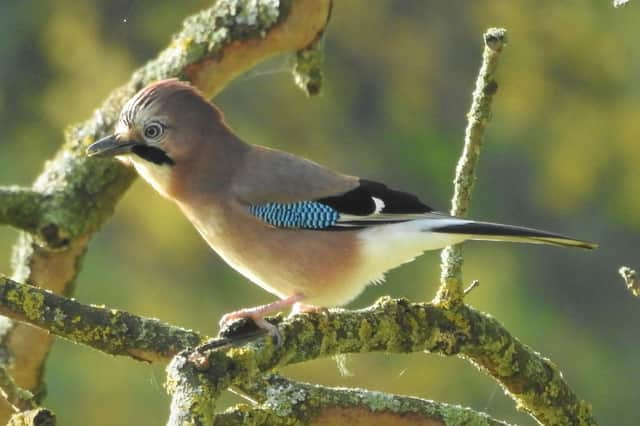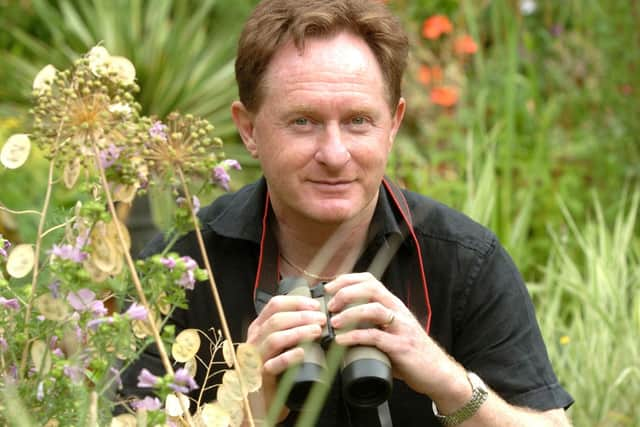Busy jay is nature’s forester working for free, says Sheffield wildlife expert


However, working away in the background, nature’s own ‘forester’ is busy planting acorns.
The jay, a member of the crow family, is adept at collecting acorns and secreting them away for a winter’s day when hunger strikes.
Advertisement
Hide AdAdvertisement
Hide AdBut either they forget some of the places the acorns are hidden, or maybe some are surplus to requirements, so a good number ‘get away’ to grow into oak seedlings.


Squirrels also bury acorns but often nibble them; which prevents the seeds growing.
Jays acting as foresters can help diversify naturally-regenerating woods with locally-sourced oaks and enhance plantation woods such as created by conservation volunteers and others.
A big advantage of the jay doing this is the oaks are from local genetic material and natural selection helps choose those best suited to a site or set of conditions.
Advertisement
Hide AdAdvertisement
Hide AdJays will also place oaks in a landscape a good distance away from existing woods, certainly several hundred metres or more, and into places where nobody has thought to plant.
Of course, another bonus is jays are inherently ‘free’ in terms of tree-planting and any future tree-care, unlike our carefully planted trees.
A forestry consultant will always recommend planting because that triggers a ‘bottom-line’ of sales of saplings, tree-stakes, tree-guards, and often several years of maintenance too.
Governments and agencies like planting because you can count the trees, whereas spontaneous ‘natural’ woods trigger more abundant tree-cover, but are free and uncounted.
I think you can see where this argument is going…
Advertisement
Hide AdAdvertisement
Hide AdThis doesn’t mean we shouldn’t plant trees, but it does suggest we could achieve far more with an effective and integrated approach to unleash the power of nature to achieve far more impact.
In some places, such as smaller sites or urban areas, we want a woodland plantation quickly and nature needs a helping hand.
Old-fashioned foresters would place piles of acorns on a big wooden bird-table and let the jays do the rest.